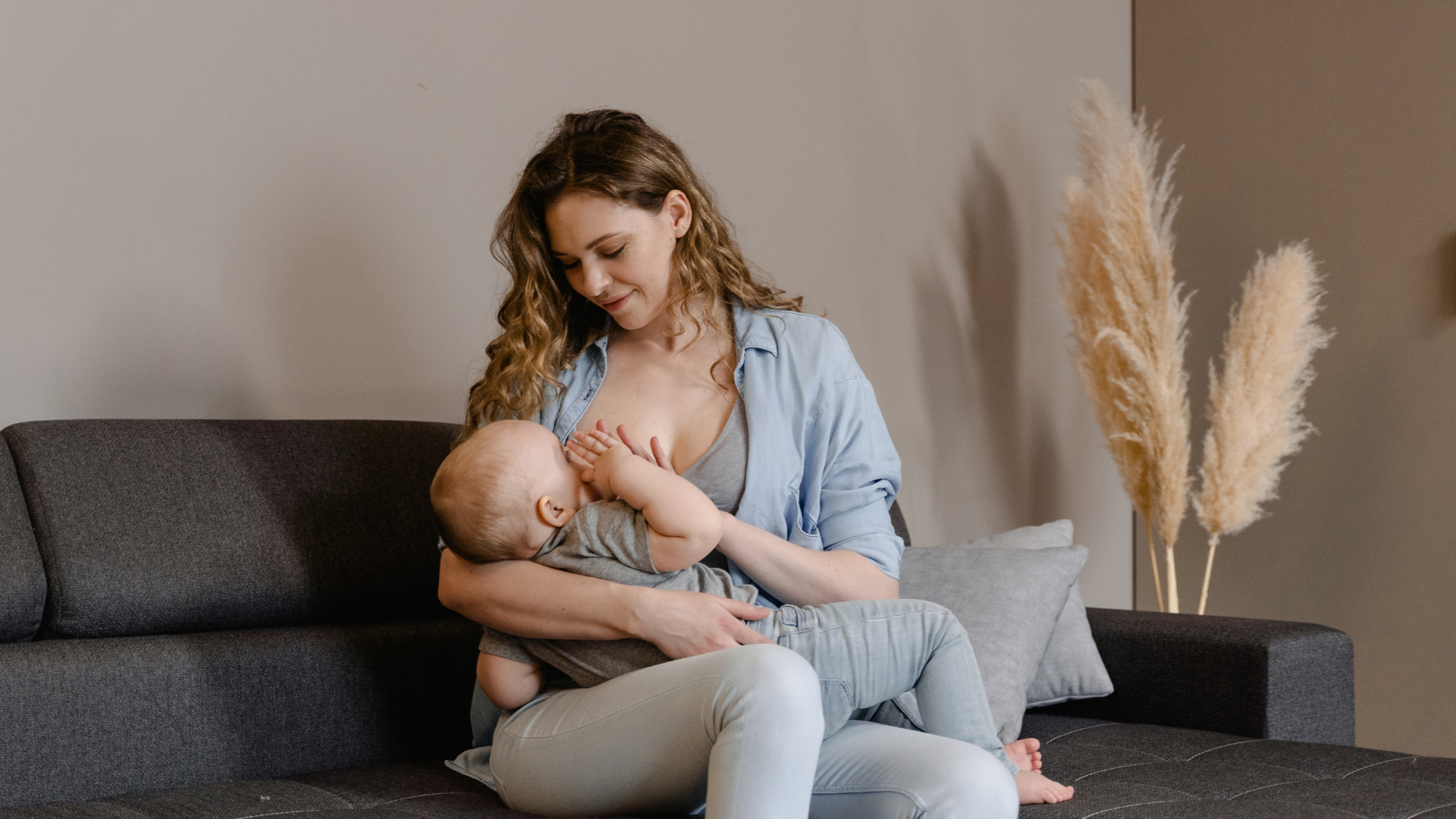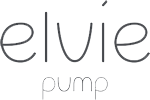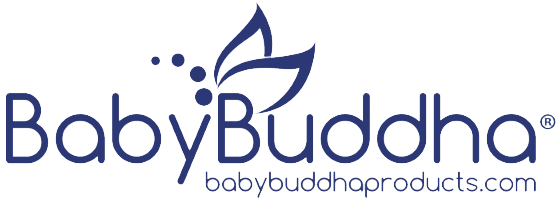How to Stop Baby Hiccups During Breastfeeding: Gentle Tips That Work

Breastfeeding is a beautiful bonding experience, but it can come with unexpected moments of confusion, like when your baby suddenly starts hiccuping in the middle of a feed. For many parents, these tiny ‘hics’ feel disruptive or even worrisome, especially when everything is still so new. You might pause, adjust your position, or wonder if you’re doing something wrong, only to see those hiccups keep returning.
If you’re experiencing this, know you’re not alone. Baby hiccups are very common during breastfeeding. In most cases, they’re completely normal and harmless.
Key takeaways:
- Hiccups are common in newborns during or after breastfeeding and are usually normal.
- They’re caused by an immature diaphragm reacting to swallowing air or feeding too quickly.
- Gentle burping, upright feeding positions, and paced feeding can help reduce hiccups.
- If hiccups are frequent, interfere with feeding, or are paired with discomfort or spit-up, it may be worth discussing with your pediatrician.
Let’s walk through it together, with care, calm, and clarity.
Why Do Hiccups Happen During Breastfeeding?
As you move through those early days of feeding and bonding, some moments might catch you by surprise, like when your baby suddenly starts hiccupping right in the middle of a feed. It’s natural to pause and wonder: Did I do something wrong? Should I be worried?
The truth is that hiccups are a completely normal part of early development. According to a study published in Clinical Neurophysiology by UCL researchers, each hiccup sends signals to the brain that help develop your baby’s ability to breathe. So while it may feel concerning at times, those tiny “hics” are just another sign that your baby’s body is doing the work it’s meant to.
Your baby’s body is learning so many things at once: how to latch, how to swallow, how to digest, and their little diaphragm (the muscle that helps them breathe) is growing and adjusting too.
Here’s what might be going on behind those soft, rhythmic little “hics”:
Recognising Hiccups During Breastfeeding

Hiccups can catch you by surprise, especially if you’re still learning your baby’s feeding patterns. But once you know what to look for, it becomes easier to understand and gently respond, if needed.
Here are a few common signs that your baby might be experiencing hiccups during or after breastfeeding:
- Swallowed air during feeding: When a baby latches quickly or not as deeply, they might take in more air than usual. That extra air can cause slight spasms in the diaphragm, resulting in hiccups.
- A still-developing diaphragm: In the early months, your baby’s diaphragm is learning how to work in rhythm. Hiccups are one way it practices, like a little muscle exercise that’s part of their natural development.
- Feeding too fast or too much: A full tummy can sometimes press against the diaphragm, especially if your little one feeds quickly. That pressure is enough to trigger a round of hiccups.
- Mild reflux or tummy sensitivity: Some babies have a bit of reflux or a sensitive digestive system, which can also lead to occasional hiccups, especially after a big feed.
- Little jerks or “pops” in the chest or belly: These small, repetitive movements are often the most noticeable cue.
- Soft, rhythmic “hic” sounds: You might hear these while feeding or shortly after, especially during burping.
- Sudden pauses in sucking or swallowing: Your baby may briefly stop nursing mid-feed as their diaphragm contracts.
- Mild fussiness or squirming: Occasionally, hiccups may cause a bit of restlessness, especially if they linger.
While these signs might feel surprising at first, they’re typically harmless and very common in the early months. Your baby isn’t in pain; in fact, most don’t seem bothered at all.
How Long Do Hiccups Last and When to Worry?
Hiccups last just a few minutes, often around 10 to 15 minutes, and tend to fade on their own without any need to step in. It’s also completely normal for newborns to hiccup multiple times a day, especially after feeds or burping. Their tiny bodies are still learning how to coordinate breathing, swallowing, and digesting, so these little spasms are part of that journey.
Here’s when you can relax:
- Your baby is feeding well and seems comfortable overall.
- The hiccups don’t seem to bother them; they may even sleep right through it!
- There’s no visible distress, crying, or changes in behavior alongside the hiccups.
When it’s worth checking in:
- Hiccups last more than 20 minutes regularly or come with fussiness.
- They interfere with feeding, cause your baby to pull off the breast, or lead to spit-up more often than not.
- You notice other signs, like arching their back, frequent spit-ups, poor weight gain, or discomfort during feeds.
If anything feels off, don’t hesitate to reach out to your pediatrician. Your instinct matters, and even just asking can bring clarity and peace of mind.
Most importantly, remember: you’re not expected to have all the answers. Watching, noticing, and caring already means you’re doing more than enough.
10 Simple, Reassuring Feeding Tips to Help Minimize Hiccups

Feeding your baby is a tender learning moment for both of you. When hiccups pop up mid-feed, it can feel unsettling. But they’re usually harmless and part of early development. Still, with a few small adjustments, you may be able to reduce how often they show up and bring a little more ease to your feeding routine.
These soft suggestions are listed to support you and your baby’s feeding journey:
1. Pause to burp halfway through a feed: Taking a break to burp your baby midway can help release any swallowed air, which may lower the chance of hiccups after feeding.
2. Check for a deep, secure latch: A shallow latch can cause your baby to gulp more air. A well-supported, deeper latch helps reduce that risk and makes feeding more efficient.
3. Experiment with different feeding positions: Upright or laid-back nursing positions can support digestion and help minimize air intake. Every baby is different; explore what works best for both of you.
4. Let hiccups pass if baby seems content: If your baby isn’t fussing or showing signs of discomfort, it’s okay to let the hiccups run their course. They often resolve on their own.
5. Offer a pacifier after feeds: If your baby isn’t hungry but still hiccupping, gentle sucking on a pacifier may relax the diaphragm and calm the episode.
6. Keep baby upright after feeding: Holding your baby upright for 20 to 30 minutes can help the milk settle and reduce the chances of reflux or hiccups.
7. Use soft back rubs or gentle pats: A light, rhythmic pat or a soothing rub on the back can ease tension in the diaphragm and help calm your baby.
8. Incorporate gentle motion: Rocking, swaying, or simply walking with your baby in your arms can help relax their body and encourage the hiccups to fade away.
9. Watch the feeding pace: Fast or distracted feeding can lead to gulping, which increases the chance of swallowing air. Allow your baby to nurse at a calm, steady pace.
10. Avoid overfeeding when possible: A tummy that’s too full can sometimes trigger hiccups. Feeding based on hunger cues and stopping when your baby shows signs of fullness can be helpful.
Every baby is different, and what works for one may not work for another. These tips are here to support you, not to add pressure. Take it one feed at a time, and know that your attentiveness and care are already doing so much.
Knowing When to Reach Out for Support
It’s normal for babies to get hiccups, and in most cases, they’re nothing to worry about. But every baby is different, and so is every parent’s instinct. If something doesn’t feel quite right, it’s always okay to ask for support.
Here are a few signs that may be worth bringing up with your pediatrician:
- Hiccups that regularly last longer than 15–20 minutes
- Signs of discomfort or crying during or after hiccups
- Trouble feeding or latching that seems linked to hiccup episodes
- Frequent spit-ups, poor weight gain, or arching of the back
In rare cases, hiccups could be connected to reflux or a more sensitive digestive system. A healthcare provider can help you understand what’s going on and offer gentle next steps.
Most importantly, reaching out doesn’t mean something is wrong. It means you’re paying close attention, and that’s a powerful part of parenting.
A Supportive Step for New Parents: Check Your Insurance for a Free Breast Pump
Between feedings, burping, and understanding things like hiccups, new parenthood can feel like a lot. The last thing you need is a complicated process to get the breastfeeding tools that make life easier.
That’s where InsuranceCoveredBreastPumps comes in. They make it simple to check your eligibility for top-rated pumps, without the paperwork stress or confusing steps.
Having a hands-free pump can give you the flexibility to keep up with your baby’s needs while also caring for yourself. Even if you’re managing a busy day or just need an extra set of hands, the right pump can truly make a difference.
Visit InsuranceCoveredBreastPumps to see what you qualify for; it’s a small step that can bring big relief.
Final Thoughts
There’s so much advice out there, but here’s what really matters: you’re showing up, feed by feed, moment by moment. And that’s love in action.
Even if you’re gently soothing hiccups or simply learning your baby’s rhythm, you’re doing something beautiful, even if it doesn’t always feel perfect.
Some feeds will feel calm and connected. Others might be messy or interrupted by little hiccups. Both are normal. Both are part of your journey.
You’re already doing enough. And even on the hard days, you’re still showing up, and that’s what makes you strong. Need extra breastfeeding support? See if you’re eligible for a pump through your insurance at InsuranceCoveredBreastPumps, a gentle step toward feeling more confident and supported.
FAQs
1. Are hiccups during breastfeeding normal?
Yes, they’re very common, especially in newborns. Hiccups often happen as your baby’s diaphragm develops and are usually harmless.
2. Do hiccups mean my baby is swallowing too much air?
Sometimes, yes. A shallow latch or fast feeding can cause air intake. But even with a good latch, hiccups can still happen; it’s just part of growing.
3. Should I stop feeding if my baby gets the hiccups?
Not necessarily. If your baby seems content, you can continue. But if they seem uncomfortable, a short pause to burp or reposition may help.
4. Can hiccups hurt my baby or mean something is wrong?
In most cases, no. Hiccups rarely bother babies. But if they’re frequent, long-lasting, or paired with discomfort, talk to your pediatrician for peace of mind.
5. How can I prevent hiccups during breastfeeding?
Try pacing feeds, ensuring a deep latch, and keeping baby upright after nursing. These small adjustments can help reduce hiccup episodes over time.










